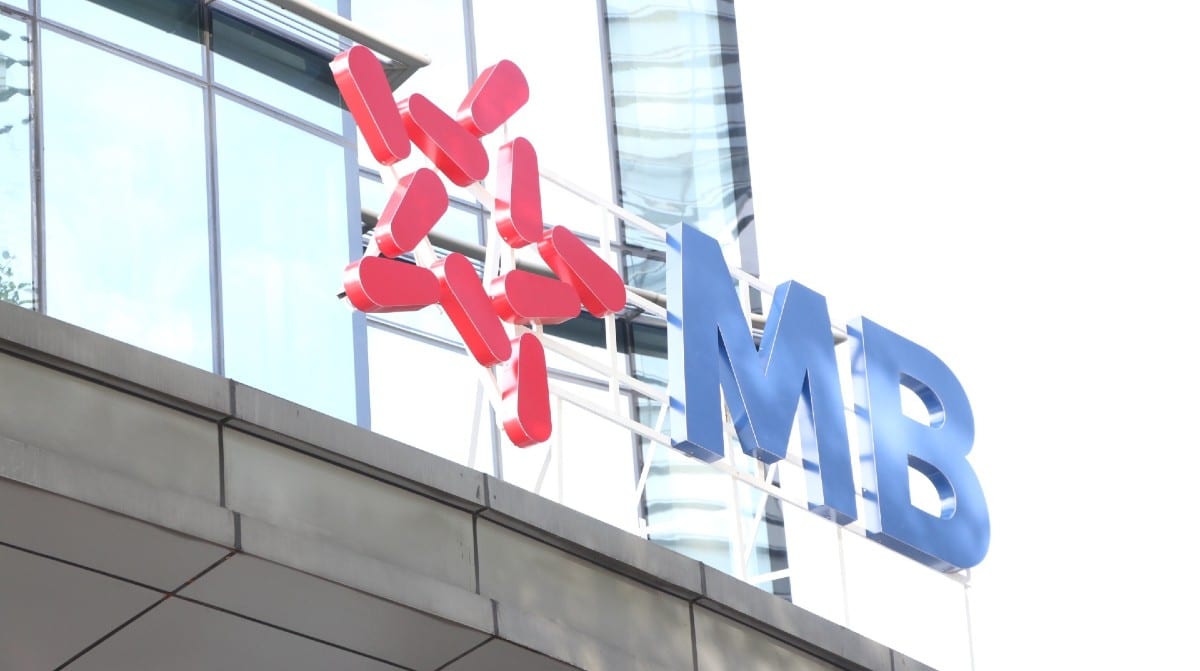
-
Many lenders in Vietnam are planning to raise their charter capital by double-digit percentages this year, expecting an increase in post pandemic credit demand.
-
A capital increase would also help banks have more reserves in covering bad debts which are rising because businesses have fallen into difficulties
-
Visit Vietnam Insider’s homepage for more stories.
State-owned lender VietinBank has recently been approved to increase its capital after eight years by 29 percent to over VND48 trillion ($2.1 million) through paying dividends by shares.
The Orient Commercial Bank (OCB) will also do the same to raise its charter capital by 25 percent to VND13.7 trillion.
The Military Bank (MB) will raise its charter capital by 35 percent to VND37.78 trillion, while ACB plans a 25 percent increase to VND27 trillion.
Vietcombank plans to increase its capital by nearly 36 percent to VND50.4 trillion through paying dividends by shares and issuing more shares in a private placement, making it the biggest lender by charter capital.
However, VPBank is set to take over this place next year with a plan to bring its capital up to VND75 trillion.
Economist Nguyen Tri Hieu said that the rush to increase their capital is a result of banks expecting high credit demand after the Covid-19 pandemic has been contained as businesses seek to expand operations or cover existing debts.
A capital increase would also help banks have more reserves in covering bad debts which are rising because businesses have fallen into difficulties, he told VnExpress International.
“The increase will help banks ensure bad debts are dealt with while keeping their capital adequacy ratio at a safe ratio of 8 percent.”
Hieu added that for a Vietnamese bank to branch out regionally, it needs a minimum capital of $5 billion, but no Vietnamese bank has exceeded $2.5 billion to date.
“The latest increases will have long term impacts on the banking industry,” he said.
Another economist, Can Van Luc, said that the capital increase will help banks meet recommendations of the international banking regulatory accord Basel II.
With credit growth at around 14 percent over the last 10 years, while the banks’ equity growth rose by 9-10 percent, a need to increase their charter capital is understandable, he said.
By February, the total charter capital of banks in Vietnam rose 0.06 percent from the end of last year to VND664.53 trillion. Their capital adequacy ratio ranged from 10.86 percent to 11.16 percent, according to the State Bank of Vietnam (SBV).
By @Vnexpress
Related
Source: Vietnam Insider
